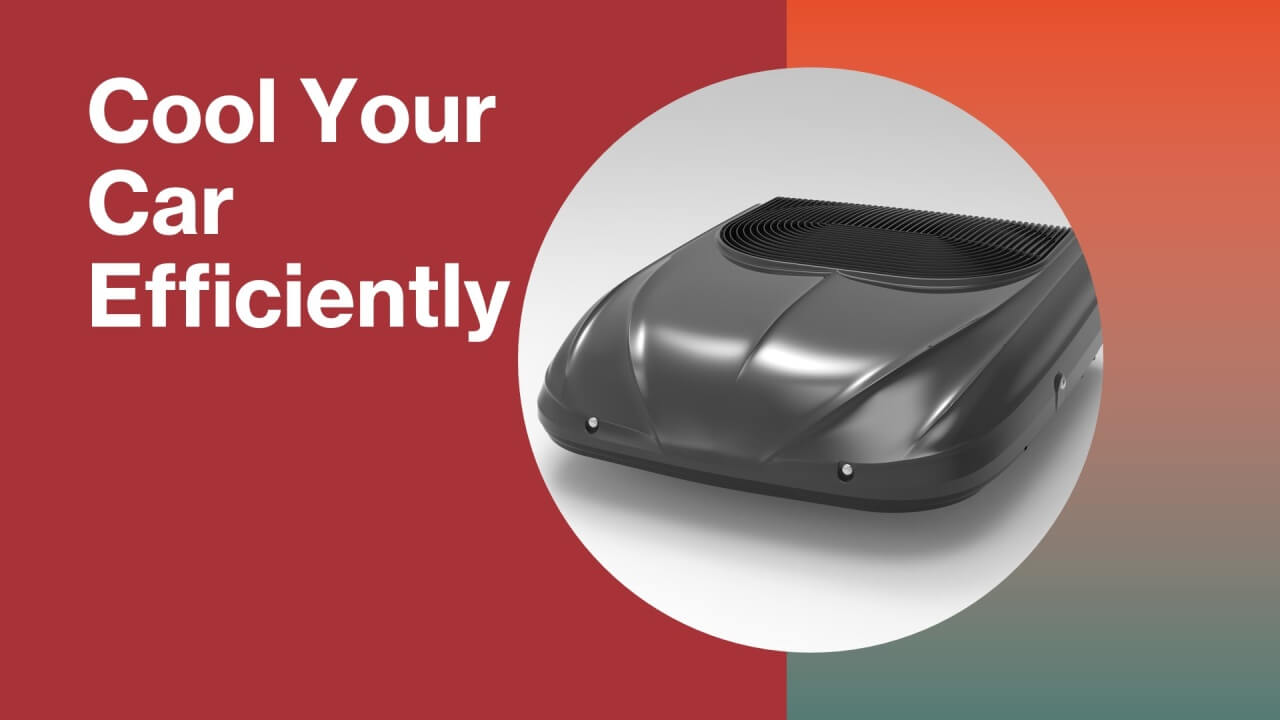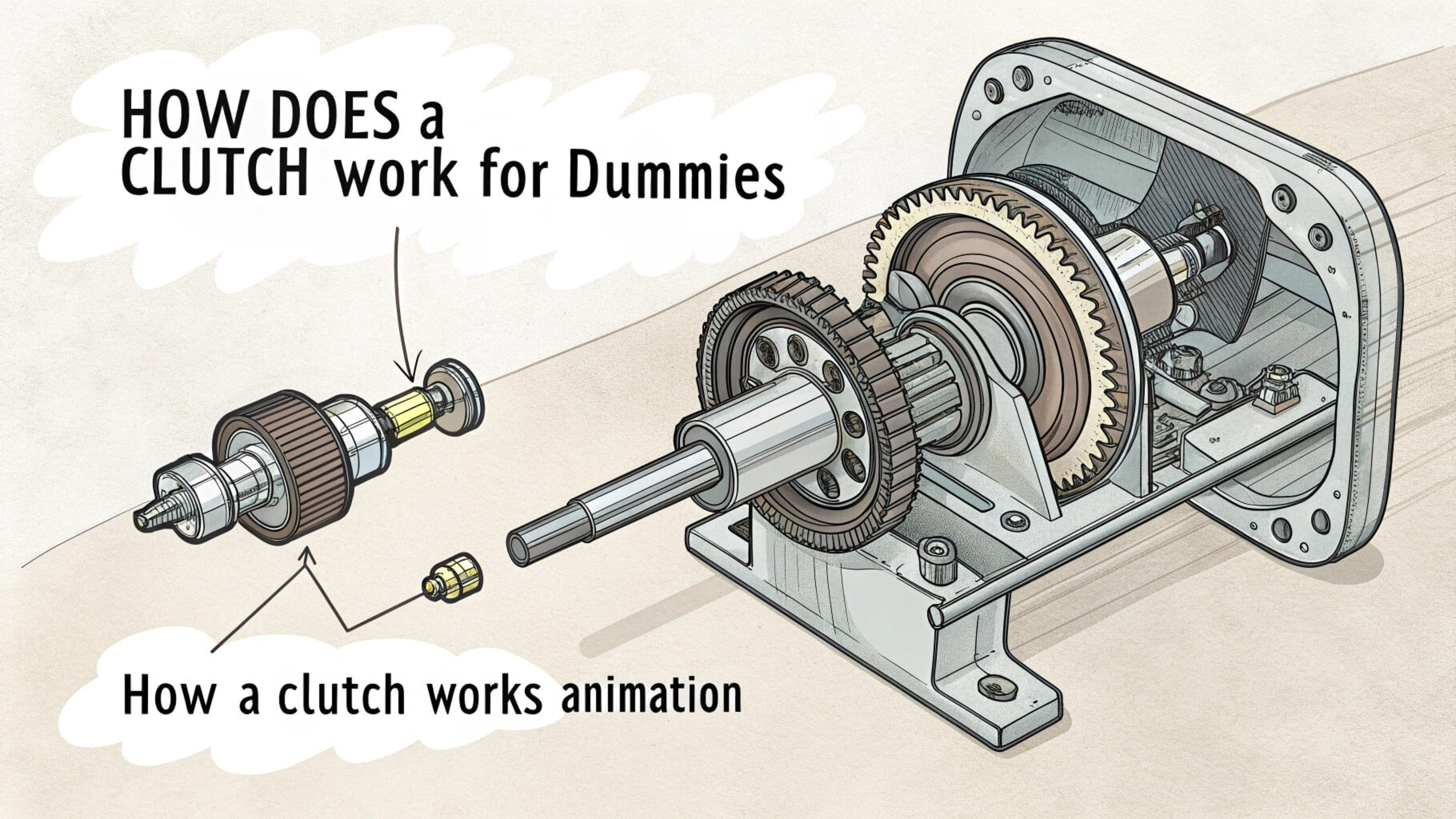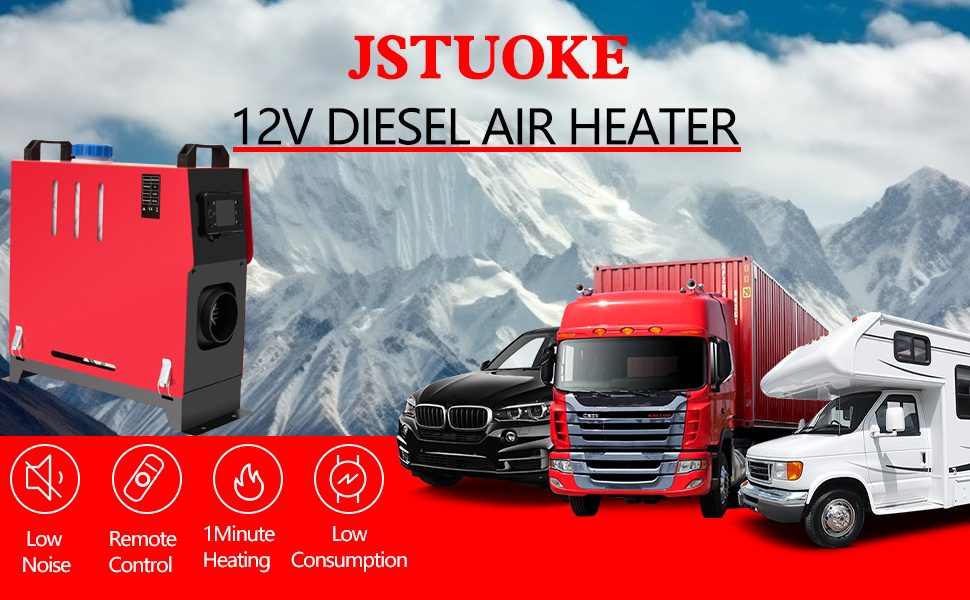Are you tired of being too hot in your parked car? A parking air conditioner could be just the thing you need. Find out how it can help keep your car and you cool when you’re parked.
Parking air conditioners are designed to maintain a comfortable temperature in parked vehicles without running the engine. They are energy efficient, portable, and crucial for improving driver comfort and safety, especially on long trips.
In this article, we’ll answer common questions about parking air conditioners, how they work, how to install them, and how to maintain them, so you can make an informed decision.
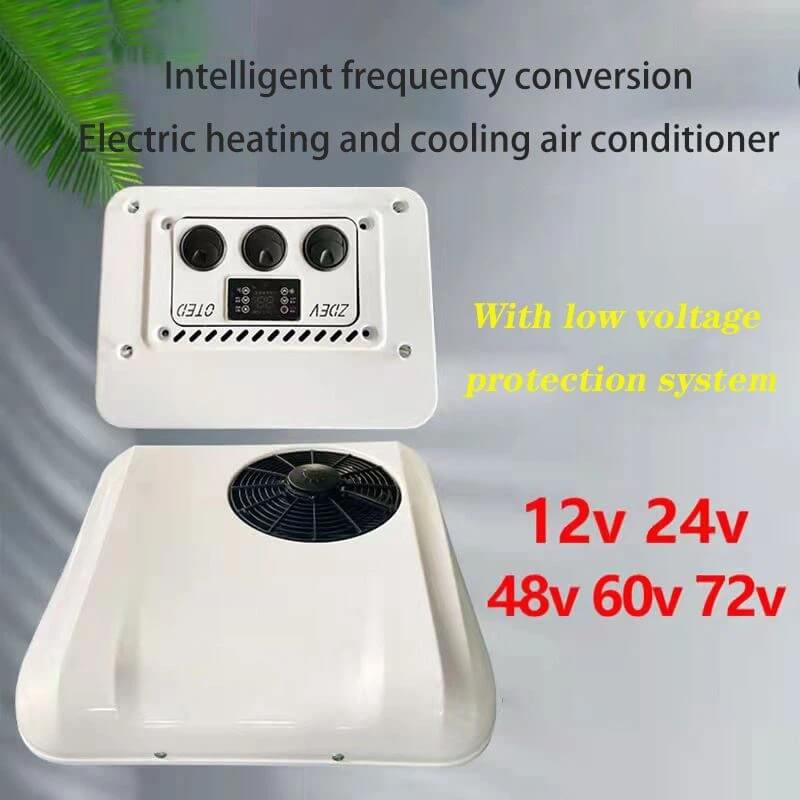
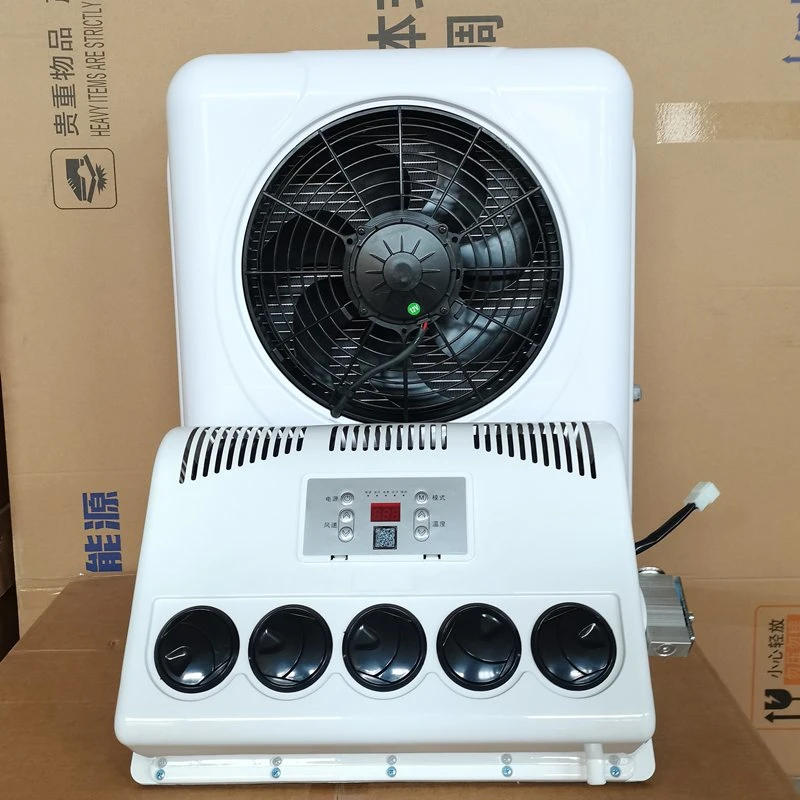
What is a parking air conditioner?
Problem: What exactly is a parking air conditioner, and how does it work?
Solution: A parking air conditioner is an independent cooling system designed to regulate the cabin temperature of parked vehicles without relying on the engine.
Snippet: They are designed to be energy-efficient, to cool effectively when the vehicle is parked, and to reduce fuel consumption. Great for trucks, cars, or RVs that need to take long breaks.
Learn more about parking air conditioners
Check detailed specifications

Does AC work when the car is parked?
Problem: Is it possible to enjoy cool air while parked?
Solution: Normal vehicle air conditioners draw power from the running engine. But parking air conditioners are designed to work independently, often powered by an external power source or an auxiliary battery.
Snippet: Parking air conditioners provide effective cooling when parked without draining the fuel tank, making your rest period comfortable.
Understand more about parked cooling systems
Explore battery-powered options
How long does it take to install a parking air conditioner?
Problem: Is installing a parking air conditioner time-consuming?
Solution: Typically, installation takes 2-4 hours, depending on the vehicle type and model. Professional installation ensures the system operates efficiently.
Snippet: Installing a parking air conditioner is a straightforward process that ensures optimal functionality and longevity.
Find installation guides
Contact professional installers

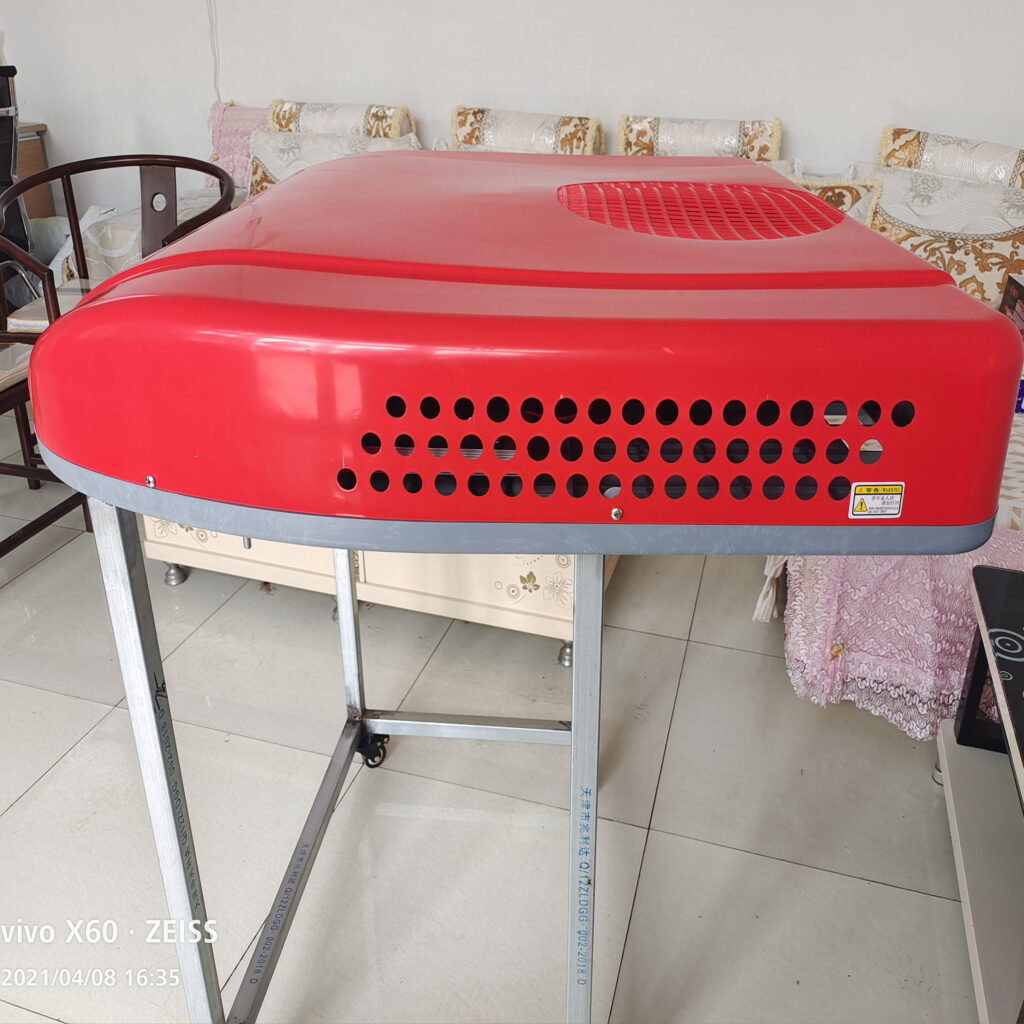
Can a parking air conditioner be used in extreme temperatures?
Problem: Will parking air conditioners perform well in harsh conditions?
Solution: High-quality systems like Dometic truck air conditioners are designed to function efficiently in extreme heat or cold.
Snippet: Premium parking air conditioners maintain reliable performance even in challenging climates, ensuring consistent comfort.
Explore durable parking AC models
Compare models for extreme conditions
How does a parking air conditioner affect the battery life of a truck?
Problem: Is using a parking air conditioner draining your battery life?
Solution: Advanced systems are engineered to minimize power usage, but regular monitoring of battery levels is essential to prevent depletion.
Snippet: Properly installed parking air conditioners strike a balance between power management and preserving battery life, which is crucial for long-term usability.
Learn battery maintenance tips
Find energy-efficient models

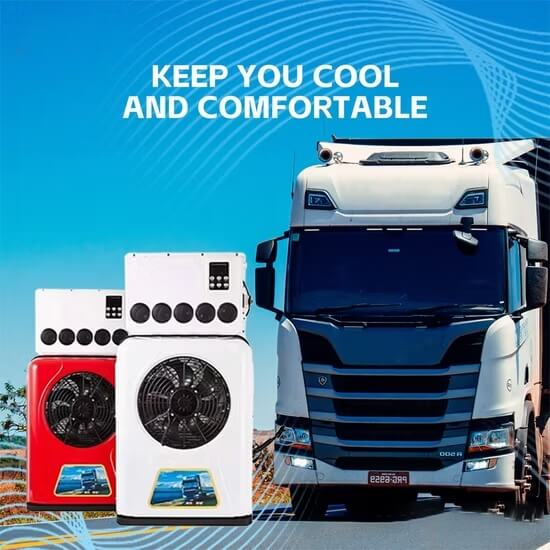
Are there any noise concerns with parking air conditioners?
Problem: Do parking air conditioners disrupt rest due to noise?
Solution: Modern units like the TKT Parking AC and Portable Air Conditioner are designed for quiet operation, ensuring a peaceful environment.
Snippet: Many premium parking air conditioners are engineered to quietly cool your cab, making them perfect for running overnight while you sleep in the sleeper.
Check noise-free models
Understand acoustic performance
Conclusion:
Parking air conditioners are a game-changer for vehicle comfort, offering energy-efficient cooling, adaptability to extreme temperatures, and quiet operation. Whether for trucks or personal vehicles, investing in a quality system ensures convenience and comfort during rest periods.
| Category | Benefits |
|---|---|
| Vehicle Efficiency | Reduces engine idling, lowering fuel consumption and engine wear. |
| Driver Comfort | Maintains a cool cabin temperature during rest periods or hot conditions. |
| Energy Efficiency | Operates on battery or external power, minimizing energy use. |
| Environmental Impact | Decreases emissions by eliminating the need for engine operation. |
| Cost Savings | Saves on fuel costs compared to running the engine for air conditioning. |
| Versatility | Suitable for trucks, RVs, and cars, providing cooling wherever needed. |
| Durability | Designed for extreme temperatures, ensuring consistent performance. |
| Quiet Operation | Advanced systems operate silently, ensuring restful breaks for drivers. |
| Battery Preservation | Engineered to use minimal battery power, preventing significant drain. |
| Health Benefits | Improves air quality inside the vehicle, reducing heat-related discomfort. |

